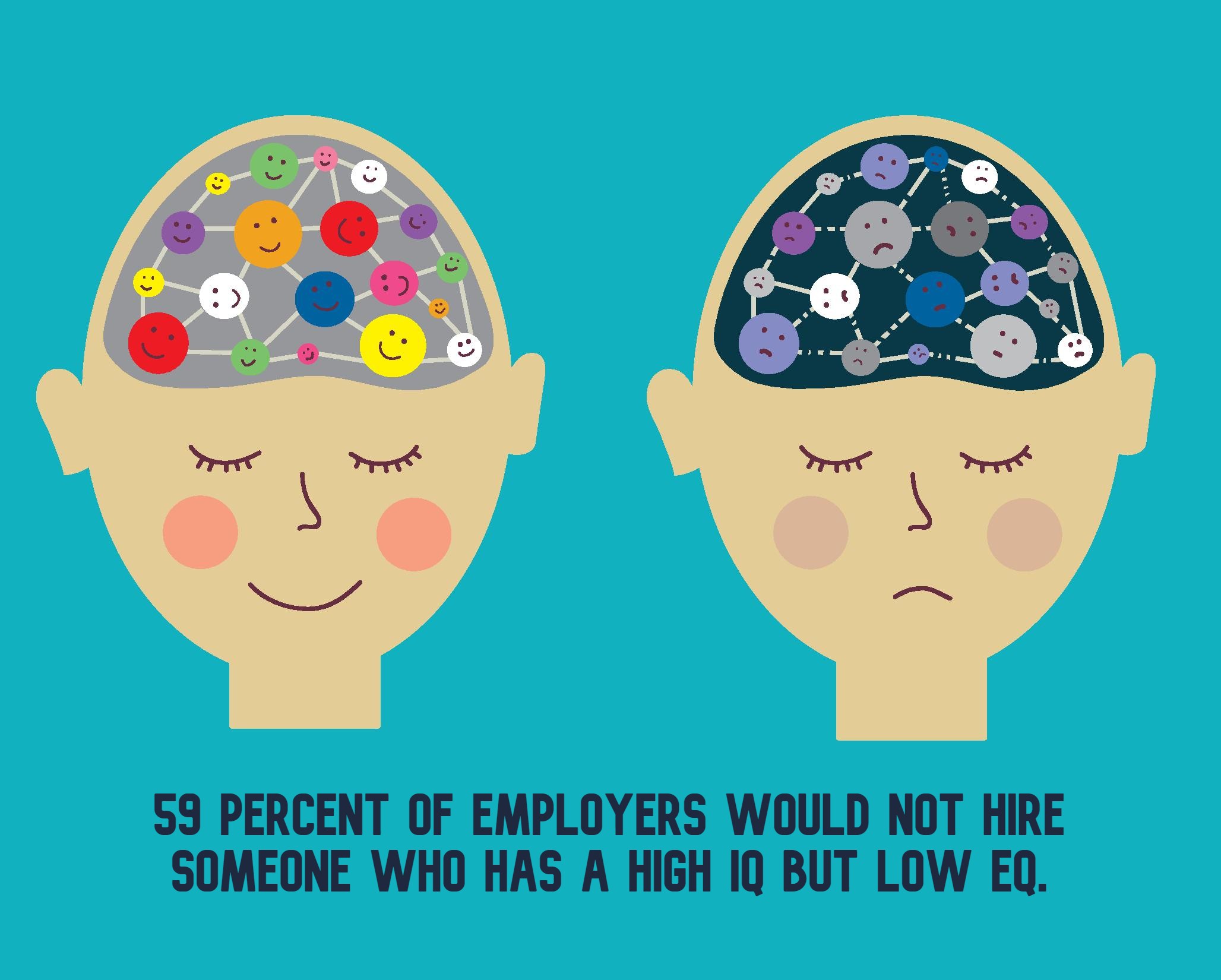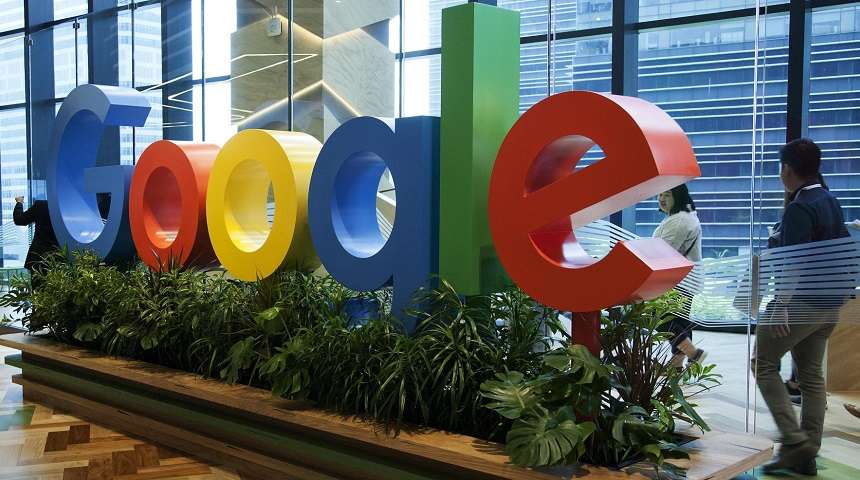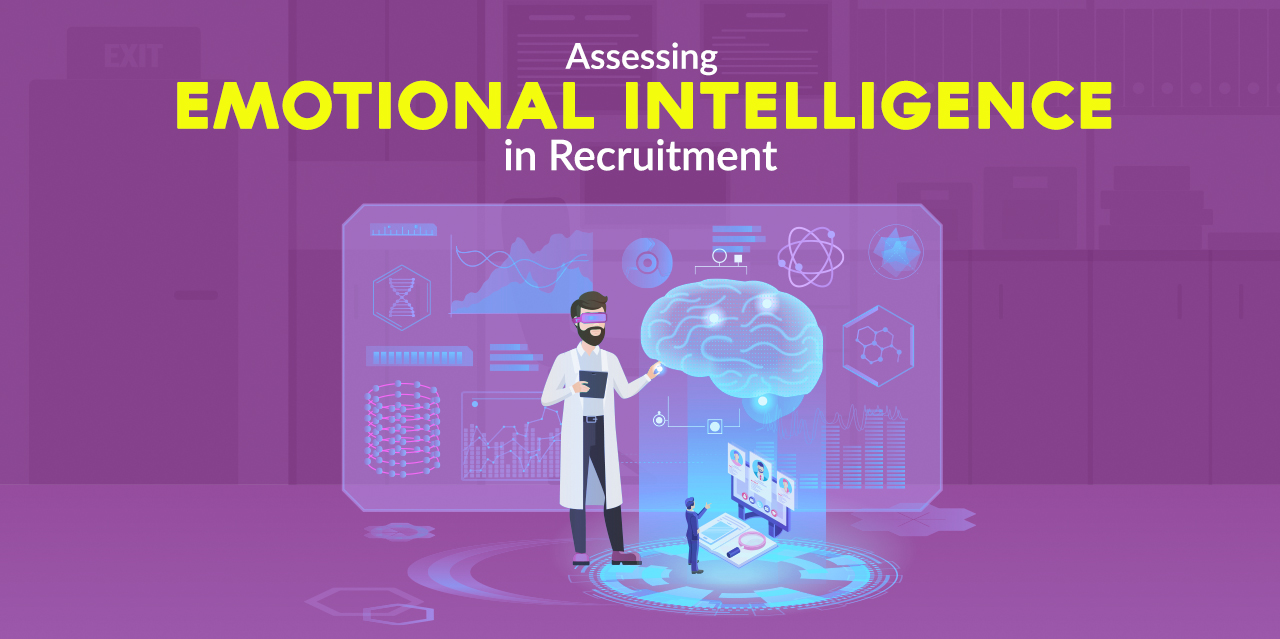The relationship between intelligence quotient (IQ) and cognitive abilities is something we all are aware of. And this is one reason why employers are always scrambling to find creative problem solvers. But is IQ overshadowing another important and often overlooked trait? That’s right. Hiring professionals rarely evaluate job seekers’ emotional intelligence in recruitment.
A workplace is typically a melting pot of different personalities, strengths and emotions. The key lies in getting along and supporting each other even when the clouds are gray.
What is emotional intelligence?
According to Psychology Today,
“Emotional intelligence – also known as EQ – refers to the ability to identify and manage one’s own emotions, as well as the emotions of others.”
While the term was first coined in 1990 by researchers John Mayer and Peter Salovey, it was later popularized by psychologist Daniel Goleman. People with a high degree of emotional intelligence are able to recognize their emotions as well as of others, and also understand how emotions can affect other people.
Why emotional intelligence is important in the workplace
What sets almost 90 percent of high performers apart from their peers with similar technical skills and knowledge? That’s right. Emotional intelligence.
About two decades ago, Goleman called attention to the importance of emotional intelligence in leadership, maintaining that the most effective leaders are similar in one aspect; all of them have a high degree of emotional intelligence. Over the years, emotional intelligence has become the sine qua non of successful leadership and an indispensable trait for employees. A study by EQ provider TalentSmart assessed emotional intelligence alongside other workplace skills and found that emotional intelligence accounts for 58% of success in all types of jobs and is the strongest predictor of performance.
Hiring managers are also likely to make better decisions if they look for people who are highly emotional intelligent. In fact, in a survey by CareerBuilder, 71% of employees stated they valued emotional intelligence in an employee over IQ. Why? Because workers with high EQ are more likely to handle conflict effectively, stay calm under pressure adjust to change and be flexible, and deal with colleagues empathetically. Truth be told, a person’s on-paper qualifications and academic prowess goes down the drain if they lack certain emotional qualities. As the workplace evolves and we make room for new technologies and innovations, these qualities become increasingly important to succeed.

How understanding EQ can help you identify and recruit better candidates
Traditional recruitment has focused on assessing applicants on the basis of their qualifications, experience and skills. While all these along with creativity, critical thinking, cognitive flexibility and other skills are crucial to assess candidates, hiring managers must now also be attuned to evaluate candidates’ emotional intelligence.
Emotional intelligence can be a useful touchstone against which candidates can be assessed for specific job roles that require soft skills. By measuring emotional intelligence in recruitment, hiring professionals can be better enabled to find the perfect fit that CVs and documents alone cannot provide.
The U.S. Department of Labor estimates that the average cost of a bad hiring decision can equal 30% of an individual’s first-year potential earnings. So, whether you’re a large enterprise or a small business, hiring the wrong person can have drastic repercussions.
Many companies are relinquishing the traditional hiring methods to avoid this. Tech giants like Google are relying more on emotional intelligence instead of evaluating candidates solely on the school they went or the grades they received.

When PepsiCo – an American multinational food, snack and beverage corporation – focused on selecting executives with strong emotional intelligence, it saw a 10% increase in productivity, an 87% decrease in executive turnover, $3.75m added economic value and over 1000% return on investment.

Similarly, FedEx, an American multinational delivery services company, integrated EI assessment and development into a six-month program for new managers, the result of which was incredible. 72 percent of participants dramatically improved decision-making, 60 percent improved quality of life and 58 percent showed considerable improvement in influencing skills.

However, this doesn’t mean you should disregard a candidate with a high IQ. A ‘book smart’ person may also have a high emotional intelligence score — a great degree of self-awareness and the motivation to polish up themselves.
Using gamified assessments to measure emotional intelligence in hiring
Gamified assessments that measure emotional intelligence serve as a perfect kind of talent assessment as they not only assess candidates on their cognitive abilities but also empathy, self-awareness, impulsivity and influence. Candidate interactions and manipulation of game mechanics mirror their thinking patterns and offer deeper insights than traditional assessments.
By getting research-backed insights into social abilities that are directly linked with the job performance, employability and leadership qualities of applicants, recruiters can manage to hire the cream of the crop.
